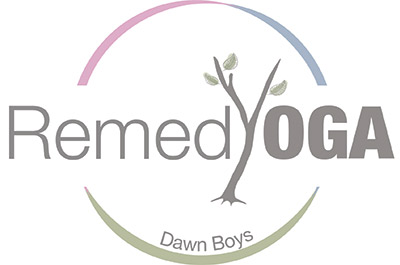The human body can be made up of 70 % water when well hydrated. Certain times of year are more challenging to keep hydrated and summer is one of them. Factors like age, our activity level, the climate and our overall body health, can all affect how well we are hydrated.
The most obvious is activity. Those who exercise regularity need more water, but how we absorb it is also affected by minerals (electrolytes), that we lose in works such as sodium, chloride, potassium, magnesium and calcium. When depleted in these we can feel tired, irritable, become clumsy, cramp and have nerve and muscle fatigue & decreased endurance. Reaching for a sweet electrolyte drink demands more water to flush the sugars and can increase fluid loss. And once you’re thirsty, you’re already on the slippery slope of dehydration.
Another factor that affects hydration is age. We naturally lose our thirst as we age in addition to taking medication, including diuretics. As some elderly folks are also dealing with incontinence, they may avoid drinking enough water to reduce risk of accidents. Not only does this lead to decrease nutrient transportation, but it increases our risks of falls and inhibits joint mobility, electrical conduction within the body, brain nervous system. In addition, it taxes the organs that need water for proper elimination and detoxification to flush toxins and move solid waste.
When we do get the recommended 8 glasses a day, some of this can come from foods of course. Those who opt for water dense fresh fruits and vegetables, soups & stews as well as less high sodium processed foods, require less water. That being said, before eating, drinking a glass of room temperature water sets the digestion with a good lubricant to help digest the foods coming through.
Your heart health is also dependent on water as the thicker the blood, the herder it is to pump. Your kidneys can get a mineral build that leads to stones. So water in the bladder reduces the clumping of these mineral and bacteria by diluting them. If you get a headache, try drinking a glass of room temperature water before reaching for a pain reliever. Thirst masks the feeling of hunger, so drink the water first and then see if you’re hungry. You might eat less, and this can be beneficial for some folks who are looking at moderating food intake.
So try to stay hydrated this summer and choose a balanced electrolyte from your grocer or health food store and keep an eye on those elders who may not be interested in drinking. Prompt them to take a few sips out of a cup with a straw (this is a hack to increase intake). And one last consideration, before you reach for the cup of coffee in the morning, take a long warm glass of water. As it’s the first fluid to enter your body, your heart, kidneys, skin, and gut will be very appreciative!
